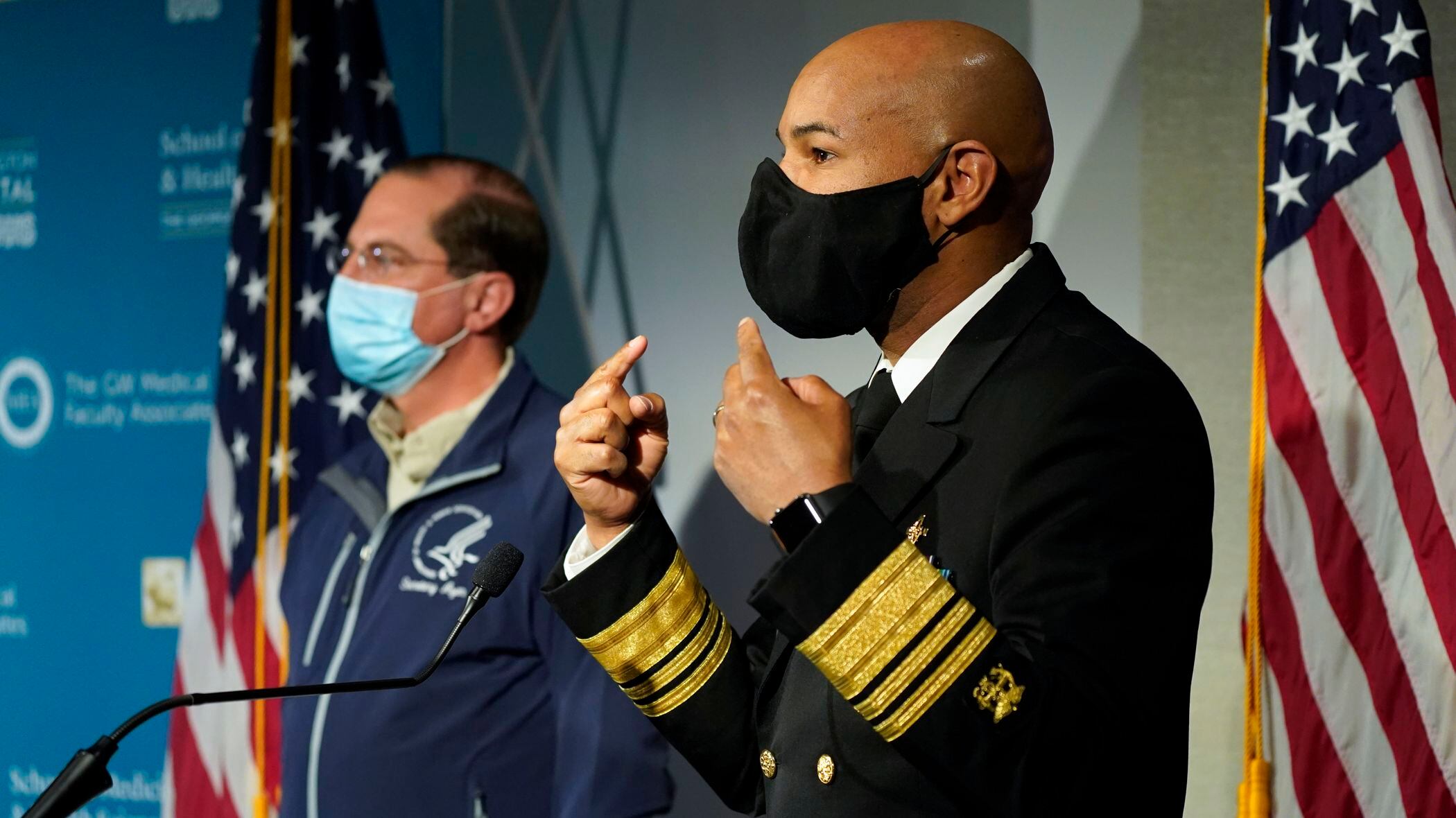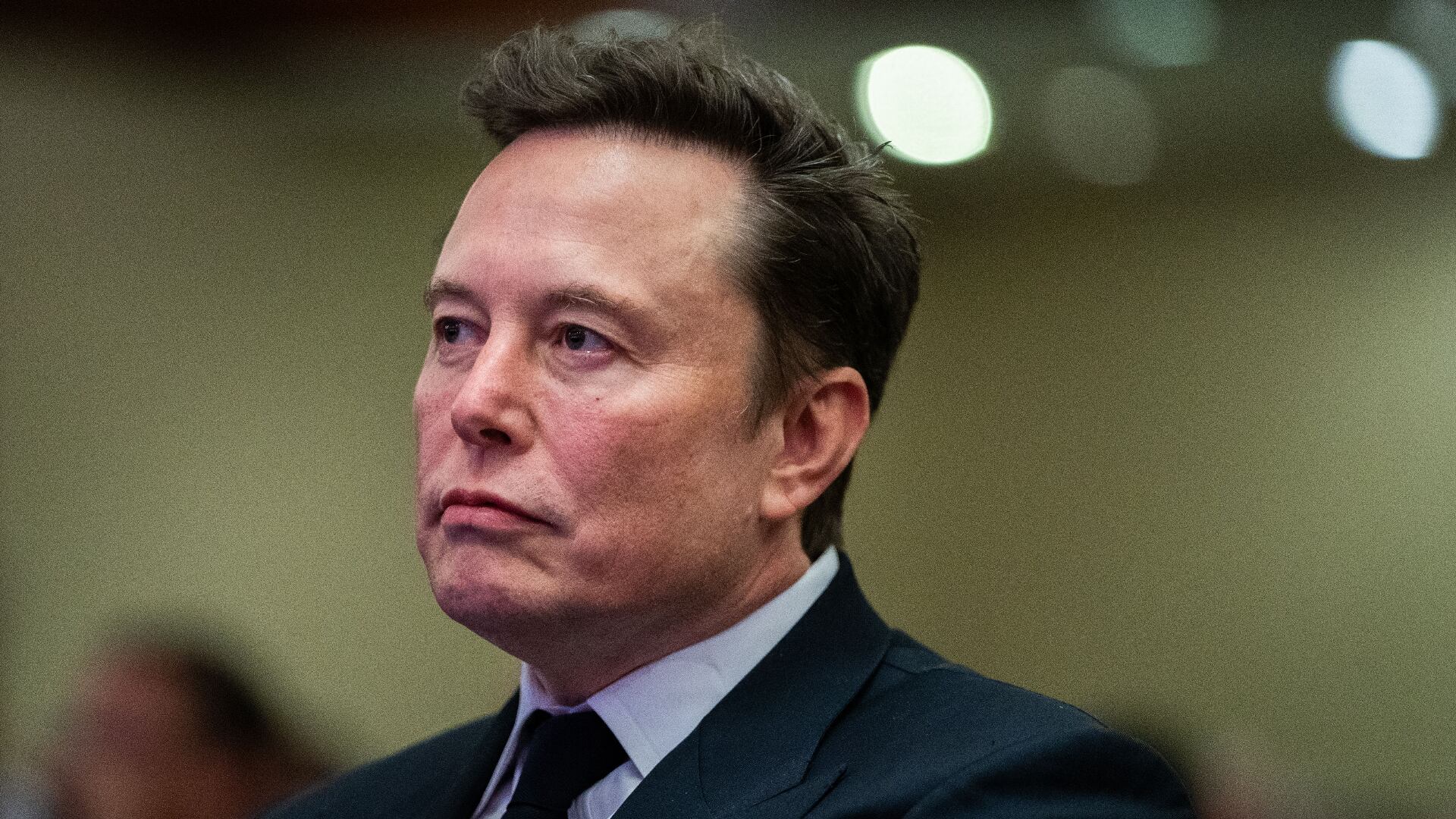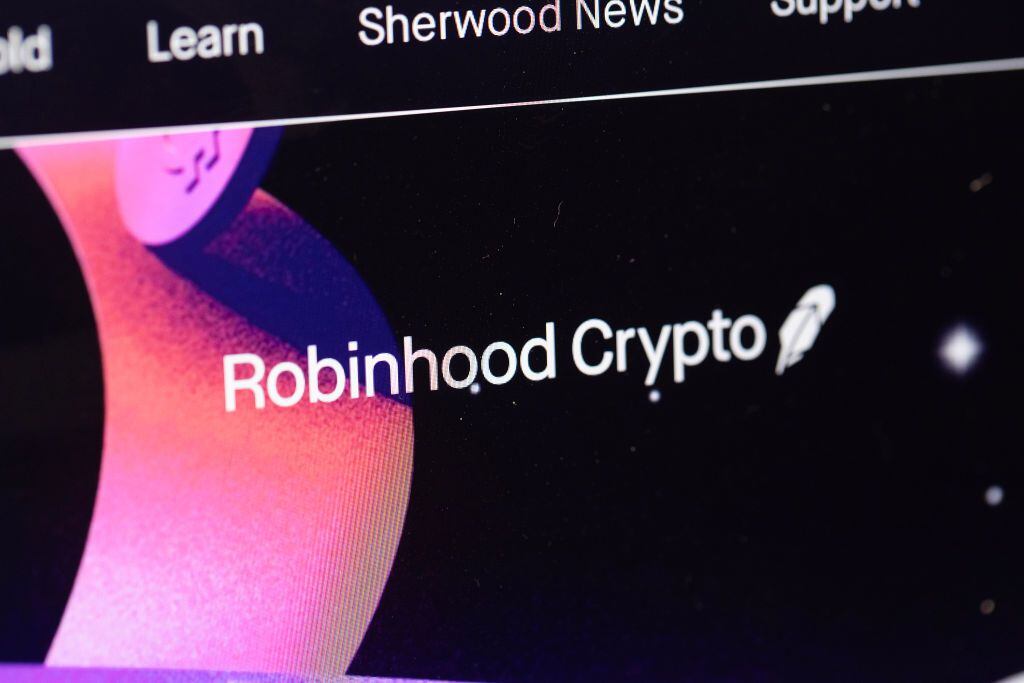U.S. Surgeon General Dr. Jerome Adams told Cheddar Tuesday that recent vaccine developments have made him "incredibly optimistic" that the end of the pandemic is in sight.
But in the meantime, he added, Americans need to stay the course with tried-and-true public health measures — especially those populations that won't be first in line for vaccinations.
"That means continuing to follow the three Ws — wear a mask, wash your hands, and watch your distance — particularly for young people because the honest truth is we're going to start vaccinating the vulnerable and health care workers right away, but younger, healthier people are not going to get the vaccine until probably second quarter of next year," he said.
Now that the FDA has given emergency approval to both the Moderna and Pfizer vaccines, Adams stressed that pulling off a successful vaccination program is the biggest challenge.
"Vaccine confidence really could be much higher in the United States," he said.
The problem is not unfamiliar to Adams, who spent the early part of 2020 working on spreading awareness about the measles vaccine. He noted that the U.S. in 2019 almost lost its measles eradication status, in part due to "vaccine hesitancy" in certain parts of the country.
Adams implored all age groups to get the vaccine as soon as it is available to them.
However, he recognized that certain populations may be skeptical about vaccines due to historical experiences that have created mistrust with government health programs.
Overcoming those doubts is crucial, he said, to pull off a successful program.
"It's not about the vaccine. It's about the vaccination, and we want people to feel comfortable getting it," he said. "Viewers, it's okay to have questions. It's okay to be suspicious, but what's not okay is to be uninformed."
This messaging appears to be working. Adams said that the number of Americans who say they will take the vaccine has increased rapidly in the last month. According to an ABC News/Ipsos poll released Monday, just 15 percent of Americans said they would refuse the vaccine.
"I want to get us as close to 100 percent as possible, especially in communities of color," he said.



